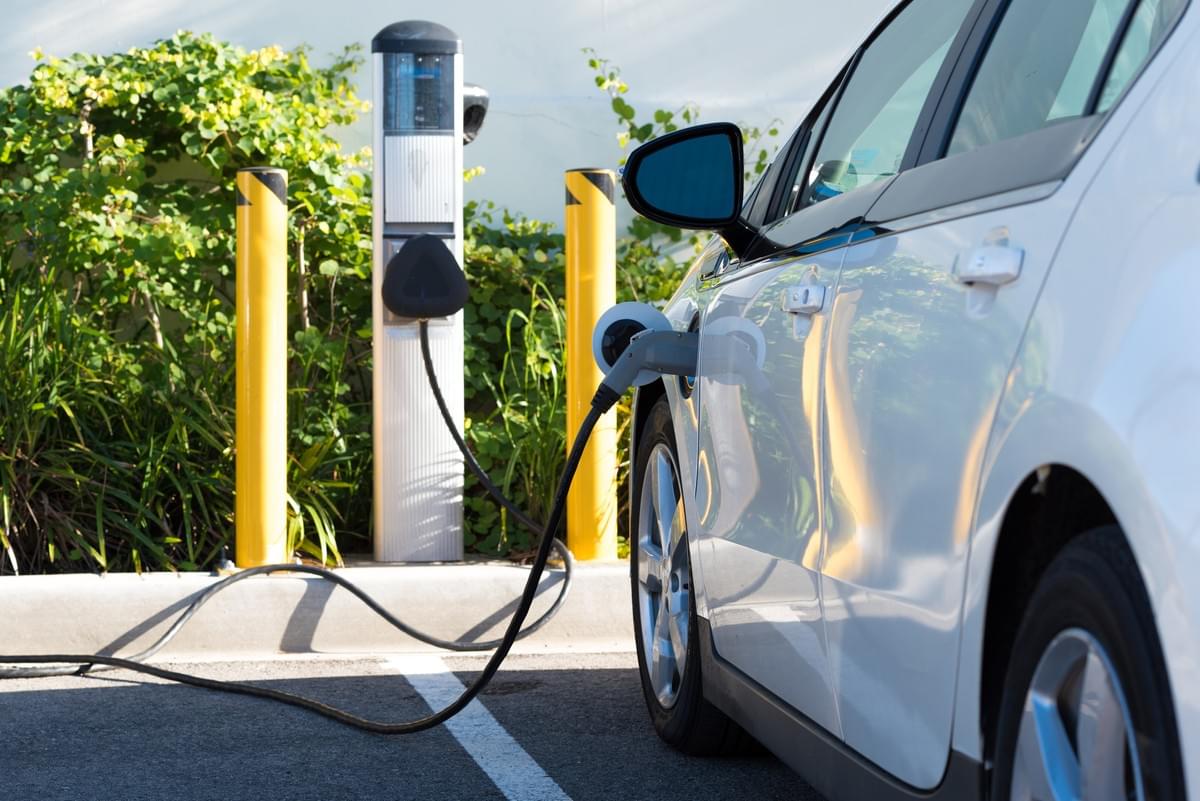
In addition to being better for the environment, electric vehicles are less expensive in the long run. While some drivers may face sticker shock when they first buy their first EV, gas prices haven't been this low in a very long time. The Electric Vehicles Saskatoon get their power from rechargeable batteries, which can also power the lights and wipers. In the long run, the cost of electric cars will be lower because they consume less fuel than traditional vehicles.One of the biggest benefits of electric vehicles is the cost-savings. You'll spend less on gas and battery replacement, and you'll have fewer maintenance appointments. Additionally, an electric vehicle will deliver its full range of power and acceleration.
Most utility companies, insurance companies, and cities offer incentives for drivers who switch to electric. Also, an electric vehicle does not need emissions tests, which means you'll drive it without worrying about polluting the air.Another benefit of electric cars is their ability to reduce smog and greenhouse gases. Electric cars produce no exhaust, whereas traditional cars emit harmful emissions from the burning of oil and gas. In addition, the batteries used in EVs are emission-free. Most electric vehicles use lithium-ion batteries, which can be recharged many times.
Unlike conventional cars, Electric Vehicles Saskatchewan offer a wide range of driving ranges, allowing drivers to meet virtually any need.The electric motor in an electric car is virtually imperceptible. Many EVs use slippery aerodynamics to help the overall efficiency of the vehicle. Aside from this, an electric vehicle's low noise level makes it much less stressful to drive. Aside from reducing pollution, electric vehicles also tend to be more stylish and are easier to park. And when it comes to cost, they are much more affordable than their fuel counterparts.
One potential economic benefit is the lower cost of battery replacement. Since EVs can be recharged off-peak, they can help reduce EV owners' total utility bills. Moreover, EV drivers can use off-peak power stations to charge, meaning they'll pay only marginal costs, rather than the average costs used to determine rates. Aside from lower costs for electric vehicles, there's a $7500 tax credit for drivers who switch to electric vehicles.Aside from the tax credits and lower running costs, electric vehicles also save drivers money. In the U.S., the federal government offers a $2,500 to $7,500 tax credit for the purchase of an EV. State governments may also offer tax breaks to electric vehicle owners. In many cases, the federal government even offers subsidies.
For example, a plug-in hybrid can save drivers up to $2,500. That's enough to pay for the cost of the vehicle, as the government will cover the rest.Another benefit of electric vehicles is their low cost of fuel. Many EVs can achieve a 62mpg highway rating in ten hours, and can reduce carbon emissions by up to 90 percent. These benefits outweigh the costs of fuel and maintenance. With an EV, you'll be saving the earth's resources while lowering your expenses. With the use of the electric grid, you can also charge your electric vehicle overnight at home or at your office.
To learn more concerning the topic discussed in this article, visit this website: https://en.wikipedia.org/wiki/Electric_vehicle